Why Hybrid Events are a Must for Your Experiential Marketing Strategy
Something that’s been creeping into inboxes everywhere recently: invitations for events with a venue that doesn’t say, “online”. After months and months of digital events, the event industry is returning to physical events as case numbers fall and regulations loosen. Don’t let the change of venue complicate your live communications strategy. Whether you decide to stick to digital events, go back to in-person or embrace both the digital and physical world by organizing hybrid events, your focus should stay the same: providing your audience with a memorable and unique experience they can’t find anywhere else.
Hybrid events, or an in-person event enhanced with additional digital elements, allow you the chance to offer your participants creative, immersive and personalized experiences. These types of events let you create unique and memorable touchpoints for your audience to connect with your brand. They are part of a specific branch of marketing, which is called experiential marketing.
Here is why hybrid events are considered to be a great complement to an effective experiential marketing strategy.
What is experiential marketing?
1. Experiential marketing: a definition
Officially, experiential marketing can be defined as “the process of identifying and satisfying customer’s needs and aspirations profitably, engaging them through authentic two-way communications that bring brand personalities to life and add value to the target audience.”
It means that experiential marketing is a strategy that aims to provide one’s audience with amazing experiences so that they can create positive and long-lasting memories related to a brand. These experiences aim to build and foster a relationship between the brand and its customers through meaningful, and pleasant interactions. Having an experiential marketing strategy allows companies to communicate their value, history, products, and interests to their stakeholders in a very customer-centric way.
2. Why such a big focus on “experience”?
Providing your audience with a memorable experience is the first step to creating a strong and long-lasting relationship with them. Creating a positive experience is important because it leaves emotionally charged memories in the minds of your participants, that they will associate with your brand. The better the memories and emotions you create, the more likely they are to come back to your brand for more. Importantly, when designing your event, the focus is not only on what message you wish to share with your audience but also on how you can share it in a memorable way.
3. Engage your audience.
The most successful experiences invite your audiences to engage and interact with your brand. Your goal should be to create a setting that allows your audience to be immersed in your brand’s universe. Engagement is essential to make sure that your participants will create long-lasting memories of your events: if they are involved in the process, their minds will create more memories than if they are taking part as a passive audience.
Community building is another feature of experiential event marketing that you can utilize to further develop your brand experience. While community building is a broad topic, the heart of a successful community strategy aims to create a feeling of togetherness and ensure your attendees feel as if they are experiencing something unique together. Moreover, active communities are excellent vehicles to increase a brand’s visibility both before and after an event: attendees will talk about their experience (or their anticipated experience) and share it with friends – helping your brand reach new prospective buyers, users, or consumers.
4. Event Marketing vs Experiential Marketing
Brand events provide a key touchpoint to engage with your audience by opening a direct communication channel. Events provide novel and unique chances for attendees to immerse themselves in a brand’s culture and values. They offer opportunities for interaction, as attendees come into contact with brand ambassadors, such as employees, as well as with peers, with whom they can share their experiences and connect.
When considering experiential marketing, oftentimes it may be confused with event marketing. While they sound very similar, there’s an important distinction here. Event marketing is not a synonym for experiential marketing. Event marketing is the process of planning and executing a marketing campaign for an event to generate awareness and/or interest in it. Experiential marketing, on the other hand, is the process of creating an interactive experience for an audience to generate awareness and/or interest in a product or service.
Experiential Marketing has many different application forms. It could be anything from a more user-friendly website design, to a more accessible store location or even producing an event. The approach you take will determine your intended audience’s needs and your goals for how you wish for them to engage with your brand.
Hybrid events are key to your experiential marketing strategy.
The events industry is unanimous: digital is not over when it comes to events. While many events have returned to in-person, digital elements will continue to feature as organizers opt for hybrid formats. One of the key reasons is because hybrid events provide amazing opportunities for your experiential marketing strategy.
1- Unlimited potential
Being so new, the hybrid event format is still something that is yet to be defined. Hybrid does not define one specific format of events, it encompasses an entire spectrum.
Overall, hybrid events aim to create unique experiences for online audiences, and in-person participants as well as an overarching one for all attendees, no matter their location – all within the same event. The flexibility of formats provides numerous opportunities for you to build fun and interactive ways for your participants to interact with your brand, speakers, and others taking part.
Despite the challenge of creating multiple attendee journeys within the same event, hybrid formats are not a limitation to creating an extraordinary experience for your attendees. Rather, it’s an opportunity to push your creativity to incorporate digital elements to enhance both the online and in-person experiences. For example, you can use engagement tools that are accessible both to in-person and online participants to ensure that everyone has the chance to be heard and interact with one another, increasing participation and event satisfaction.
2- Stay attractive for new generations
One of the most compelling features of hybrid events is their accessibility. Not only in reaching prospective participants across borders, but also across generations. The flexibility in format allows the chance of creating unique experiences at the same event, ensuring that every generation feels catered to. While many Gen-X and Millennials may favor in-person events to connect with their peers, Gen Z is strongly attracted to digital.
Generation Z is becoming one of the most powerful consumer groups for brands to connect with. As digital natives, this age group is highly dependent on digital technology, being born in a time where technology has always been readily available, and where immediate results and answers are expected. And yet, Gen-Z still gives as much importance to the experience as earlier generations. To be most effective, it’s important for marketers reaching this age segment to create experiences allowing Gen-Z to connect with brands on a deeper level but also through digital mediums.
As event organizers, considering your target group’s expectations is key to ensuring your event offers the right value to the attendees. Apply this same approach to choosing the right format for the event. With Generation Z now entering the workplace, event managers will need to take their preferences and expectations into account to reach them effectively.
3- A long-lasting impact
While in-person events are ephemeral and great for creating interest and the “fear of missing out”, for maximum exposure, a longer-lasting experience can be an effective way of reaching a wider audience. Adding digital elements to your events is great to increase the engagement of your audience with your brand for weeks on end after the end of your events. You can make your event last longer by providing access to a video replay of some of the speakers’ presentations or offering it as a bonus to some of your key customers.
Releasing video content after your events creates more opportunities for your audience to interact with your brand, increasing engagement over time. It can further help maximize your reach on social media and create topics of discussion with your community all year round.
4- Lower your impact on the environment
There’s another big benefit of adding hybrid and digital elements to your physical events– the environment. While many attendees enjoy connecting in person, many events come with a heavy environmental cost. Traveling is one of the many sources of CO2 Emissions. As event organizers, it is your responsibility to understand the impact that your event will have on the environment. Offering a hybrid format will help reduce the impact of your event by reducing the number of people that will travel to your event.
The Bottom Line
Experiential marketing is a form of marketing that focuses on creating memorable experiences that serve to foster lasting relationships with customers. Organizing events is one of the most fundamental ways that you can create a great experience. Hybrid events offer even more opportunities than ever to create those memorable touchpoints. With Generation Z entering the marketplace, event organizers must ensure they are creating event formats that are more widely accessible, by integrating digital elements to enhance their experience. While they are not as straightforward as the brand experiences of the past, hybrid events provide multiple opportunities to catch the attention of the newer generations while enhancing the experience of all your event’s attendees.
As event professionals, we know how important it is to have the right strategy when it comes to implementing an event. If you’re looking for advice on how to best integrate hybrid events into your marketing activities, don’t hesitate to reach out to us, our team will be happy to support your project!
You’ll also find many more resources and ideas on hybrid events and experiential marketing on our Pinterest profile.

Written by:
Clélia Morlot
PIRATEx Digital Marketing Manager


